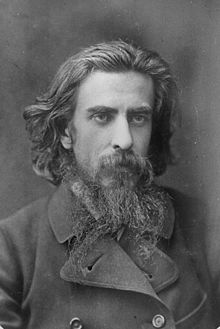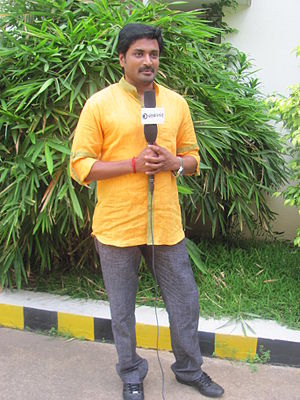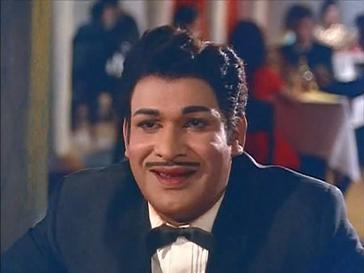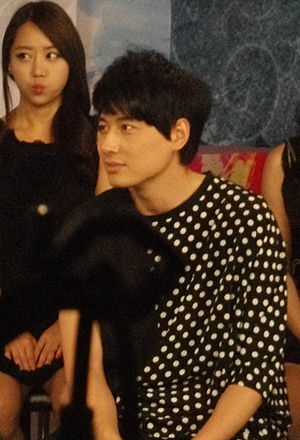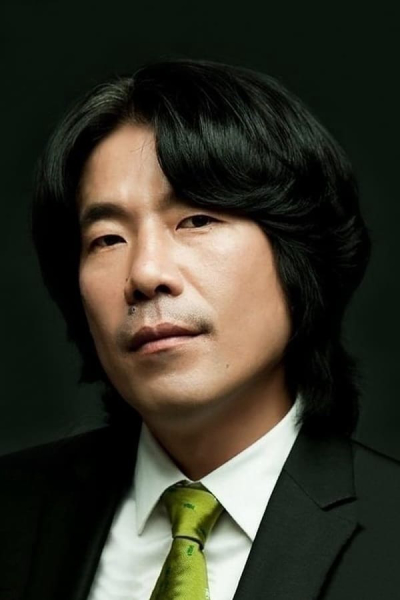"It is important to note that, in Solovyov’s developed reflections upon this figure (and in those of his successor Sophiologists,’ Pavel Florensky and Sergei Bulgakov), she was most definitely not an occult, or pagan, or Gnostic goddess, nor was she a fugitive from some Chaldean mystery cult, nor was she a speculative perversion of the Christian doctrine of God. She was not a fourth hypostasis in the Godhead, nor a fallen fragment of God, nor a literal world-soul, nor an eternal hypostasis who became incarnate as the Mother of God, nor most certainly the ‘feminine aspect of deity.’ Solovyov possessed too refined a mind to fall prey to the lure of cultic mythologies or childish anthropomorphisms, despite his interest in Gnosticism (or at least in its special pathos); and all such characterizations of the figure of Sophia are the result of misreadings (though, one must grant, misreadings partly occasioned by the young Solovyov’s penchant for poetic hyperbole).


